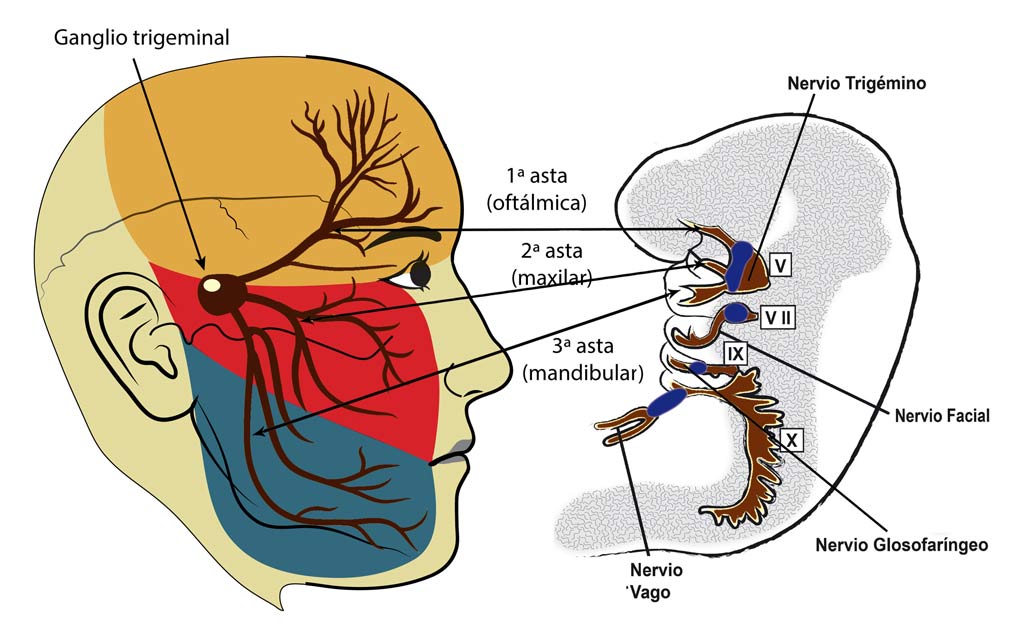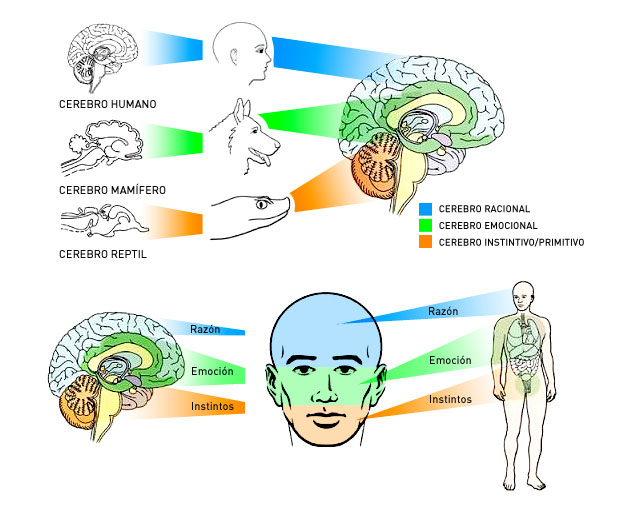The new integrative structural psychology
What is it?
 Craniofacial psychology is the study of the relationships that exist between craniofacial shape and its structural and functional relationships with the central nervous system (and indirectly with the peripheral nervous system), as well as with the cognitive, emotional and behavioural processes of human beings.
Craniofacial psychology is the study of the relationships that exist between craniofacial shape and its structural and functional relationships with the central nervous system (and indirectly with the peripheral nervous system), as well as with the cognitive, emotional and behavioural processes of human beings.
Human beings are subjected to biopsychosocial forces and pressures (biological, psychological, social conventions, cultural values) that modify and build (or rebuild) the natural development of their original structure, resulting in specific and dynamic phenotypic facial expressions.
Craniofacial psychology studies the effects of the anatomical functions (or dysfunctions) of the facial region and its relationship with the proper or abnormal functioning of the structures of the central nervous system and its direct effect on the individual’s psychological, cognitive, emotional and behavioural processes.
Purpose
To understand the relationship between an individual’s (cranio) facial and skull shape and functionality (anthropometric variables), with his/her temperament, personality and behaviour (psychometric variables).
Objectives
- Systematize knowledge on craniofacial psychology.
- Improve knowledge on the dynamic functioning of the face.
- Assess the hypotheses inherited from morphopsychology and of biotypological schools of thought.
- Propose customised and tailored interventions for individuals.
